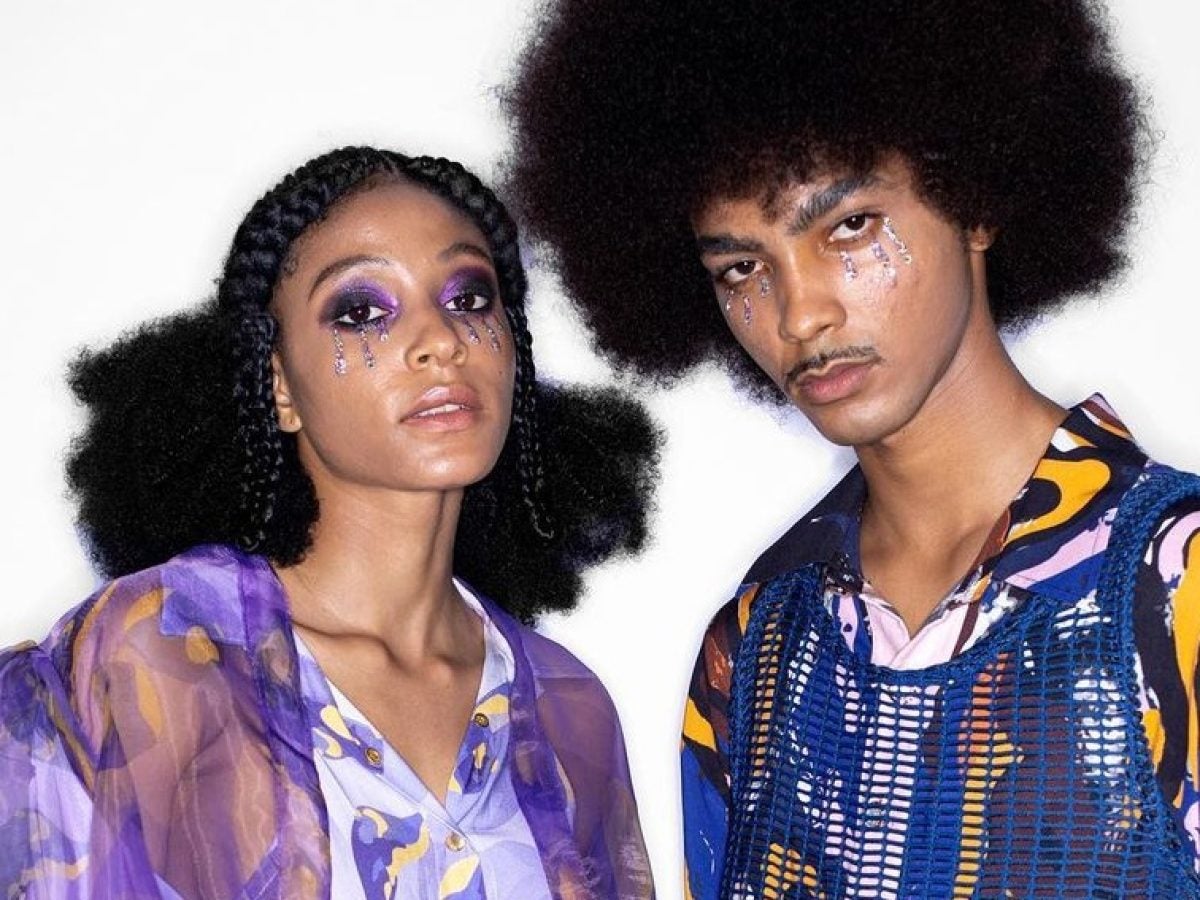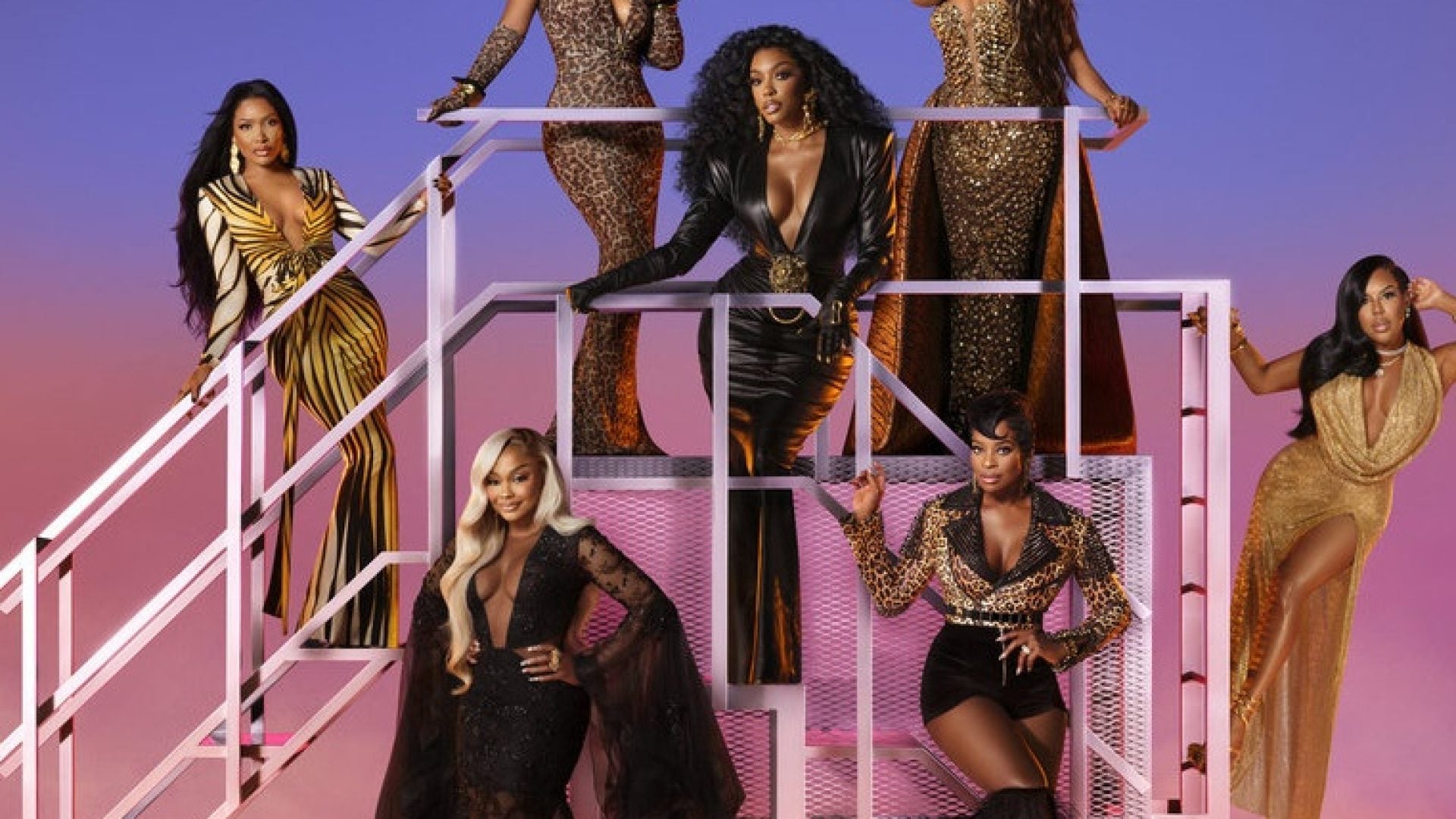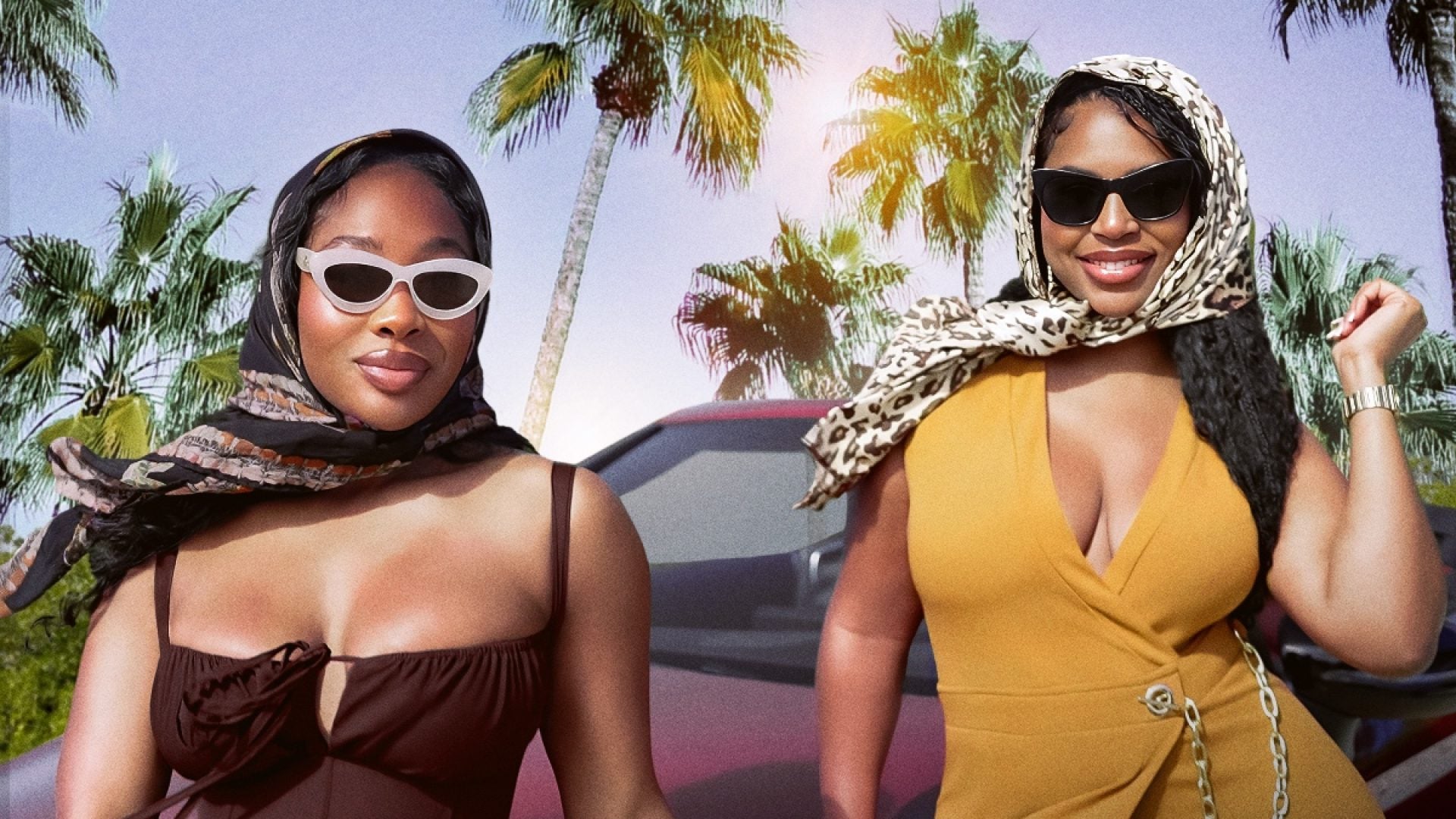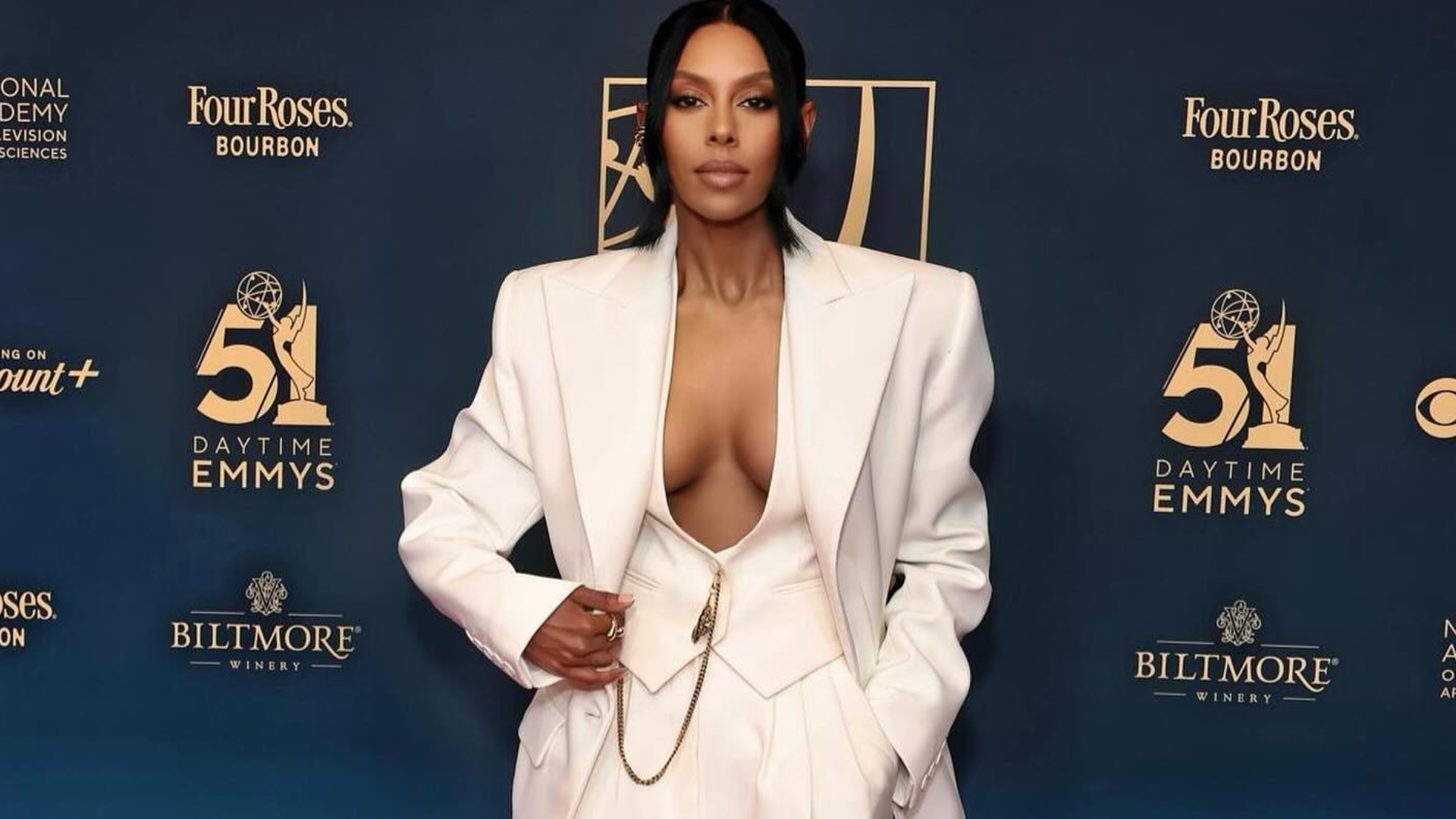
In 2019, Nigeria’s foremost sustainable and mindful designer, Nkwo Onwuka, invented an original textile cloth called the Dakala Cloth. It was a means of reducing textile waste and preserving traditional craft skills. For their SS/22 collection titled Places We Have Lived, Onwuka took the time to chat with ESSENCE about what becomes of the planet in the near future, especially as we do little to nothing to preserve its existence.
“For me, it felt like we have to take care of the world, because if we don’t, who will? We have to leave something for the generations coming behind us,” she says to ESSENCE. “And a good way to get this done is through fashion because it’s very visual and it’s something people love to see.”
We’ve seen over time how fashion has been used as a tool for storytelling, activism, politics, and changing narratives. However, most of the occurred changes do not ultimately result in the intended extent. It can be worse in places like Nigeria where stereotypical nuances are still very much alive, and the need for freer expressive living is prohibited. When Lagos Fashion Week, one of Africa’s leading fashion platforms under mother agency, Style House Files opened its doors on the 27th through 30th of October, 2021 for its SS/22 showcase, we could see from the lenses of these designers, how things are starting to change.
It begs to ask question: Can the Nigerian luxury fashion industry be political?
We know and understand fully that marginalization, ill-representation and over-exploitation have caused a huge dent in the industry, and it is our duty as industry professionals to curb and control the alarming situation. “Our collection is inspired by the stories of these 10 amazing women I’ve been working with in a camp for IDPs – Internally Displaced Persons,” Onwuka shares. “These women have lost their access to homes because of the Boko Haram insurgency. The tales are horrible, but these women still find time to learn new skills and have a better life.”
In March this year, Onwuka would later create Waste to Wealth, empowering women through the brand she’s built with her team, helping them and every interested person understand the importance of sustainable fashion, and teaching how to convert such wastes into wealth. “The scheme I’ve signed these women on makes me want to spread more of that optimism,” she says. “At the core of this is something you’d love, and would remind us of home and places we’ve lived and left behind.”
Adebayo Oke-Lawal, the 31-year-old Nigerian designer behind androgynous fashion label, Orange Culture Nigeria, has created a brand that offers itself as a means to disband traditional cultural stereotypes on who a man should be. Transcending beyond the boundaries of normalcy, Peacock Riot, the title of its SS/22 collection, is filled with pieces that are unconventional and thoughtful. Through vibrant colors, design details, styling and even the selection of models, the show furthered the conversation around inclusion and diversity in Nigeria’s fashion industry.
The showcase was the first time a designer had thought to use a model with disabilities. Promise Adeyeye was signed to LED Models Management in June 2021. The amputee model was officially introduced to the fashion space through an original editorial with Oke-Lawal as the creative director and Mikey Oshai as photographer. After making his runway debut through walking for Orangeculture, the 18-year-old model says he felt seen and was appreciative of the representation. “When I first got to the venue, I was terrified because I didn’t know anybody,” he shares. “But when I hit the runway, I was welcomed.”
Oke-Lawal says the partnership is one he holds near and dear. “The truth is Orange Culture is a brand that’s built around acceptance and beauty in diversity,” he says. “So, for us working with Promise was an honor on our part. I honestly want everyone to see themselves in Orange Culture and to feel accepted and loved by the brand, having his beautiful story being a part of our journey is a blessing that I don’t take lightly.”
This wasn’t the only way the androgynous fashion brand went political. While the rest of the world battled the pandemic, Nigeria battled with both the virus and the rogue police unit, SARS, created in 1992. A protest against the incessant violence towards young promising Nigerians led to the death of many on the 20th day of October, 2020, making the entire month, one to always remember. Orange Culture’s Peacock Riot collection was inspired by this incident, and they once again translated this inspiration into provocative designs — both in beauty and textiles. “The effect of glittery tears was to basically show the tears of a generation that’s fighting, thriving and blossoming despite the many suppressions from the authorities that be,” he says. “Our generation has fought in so many ways and we wanted to really just show that.”
Orange Culture Nigeria, however, isn’t the only brand whose SS/22 collection was premised on the ENDSARS protest. 14-year-old androgynous label, Maxivive, founded by talented Babatunde Oyeyemi has also been at the forefront of matching politics and activism with fashion. This season, we saw them use the widespread blood-stained Nigerian flag during the protest to create original prints for their SS/22 collection, Two Bailey Street.
“The collection was to discuss what Nigerian youths experience and how we can build a community for ourselves,” Oyeyemi tells Essence. “While discussing that, we had to also discuss the ENDSARS protest, especially because police brutality is something we still experience. Being an androgynous designer in the conservative Nigeria can be a pretty difficult feat. The country still sits uncomfortably on the exploitation of certain groups of people, marginalizing them and making laws that favor oppression. However, as always, fashion has offered itself as a means for change, causing a stir in conversations that have always been considered to be held in low tones. It can be tough to do this around here even with conscious effort, but we know exactly what we want and will continue to do that.”





